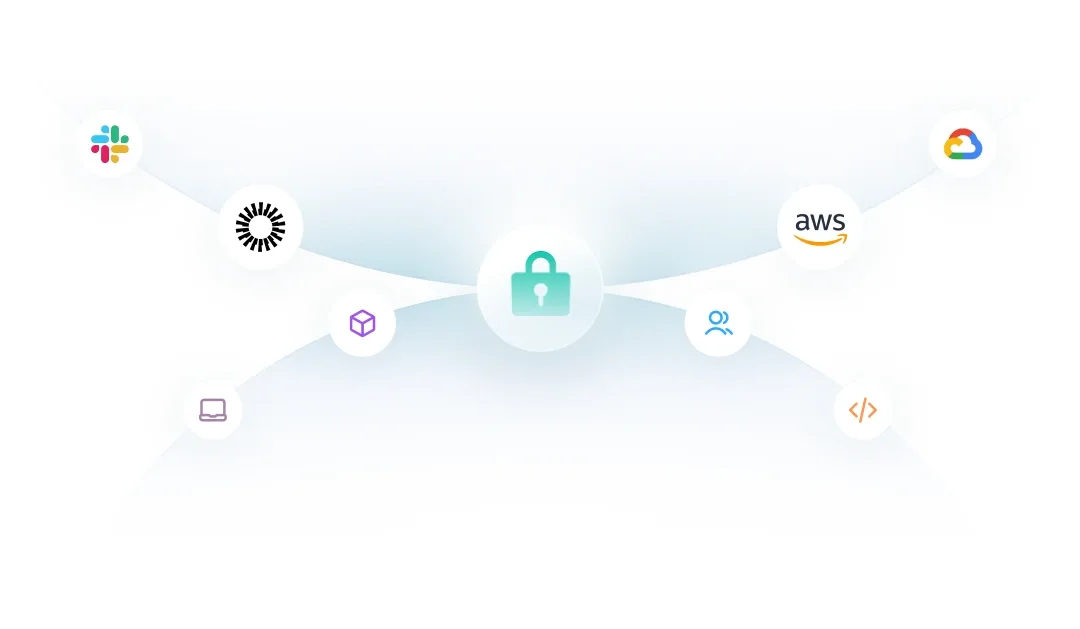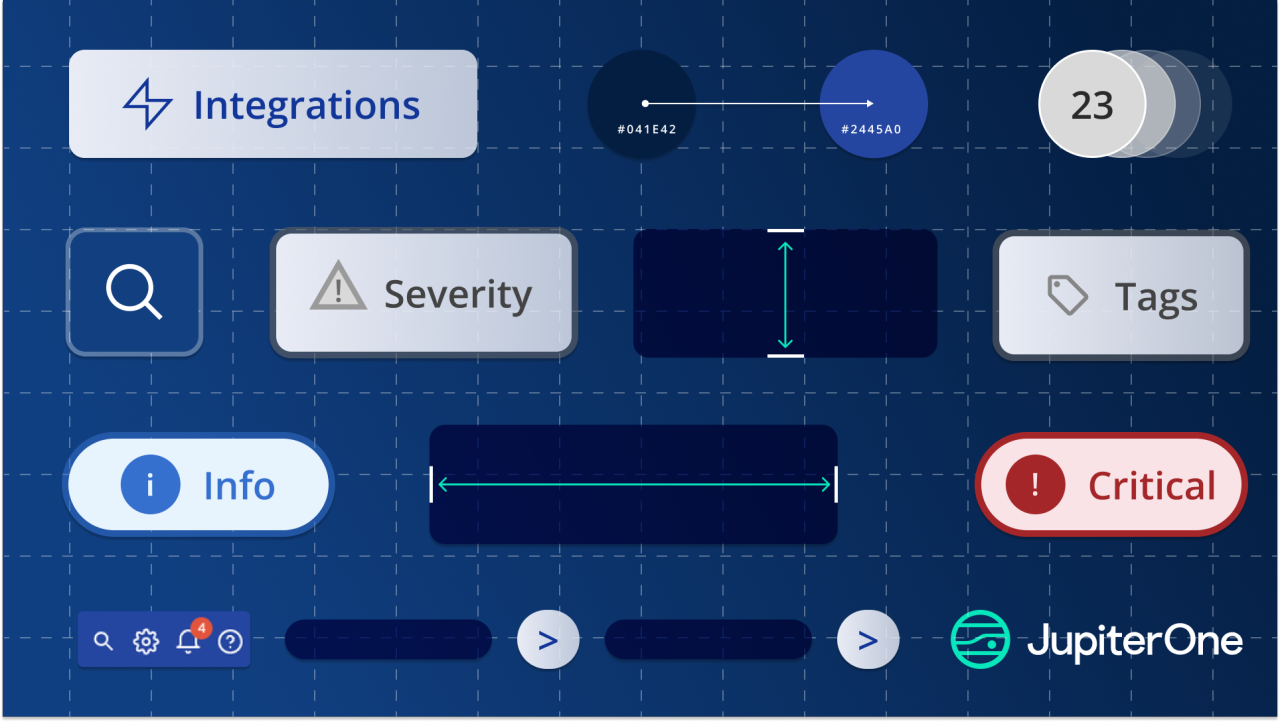In today's dynamic digital environment, compliance certifications like SOC 2 are becoming both increasingly intricate and prevalent. If you are a part of the SaaS or cloud software landscape, you'll find these terms familiar for good reason.
The continual rise in security incidents and the growing concerns over vendors' security protocols are pushing this trend. According to TechTarget, more than 33 billion records are anticipated to be stolen by cybercriminals in 2023, an increase of 175% from 2018.
Consider your customers' standpoint. When they entrust you with sensitive information, the responsibility is enormous. A breach doesn't merely impact them but extends to their customers, partners, vendors, and employees. That's why questions around security are becoming more complex, and terms like SOC 2 compliance are being heard more frequently.
The evolution and importance of SOC 2
Service Organization Control 2, or SOC 2, is an audit mechanism concerning a service organization's data protection and privacy controls. Essentially, most cloud and SaaS companies fall under the definition of ‘service organization.’
SOC 2 was initiated by AICPA to match the growing trend of cloud computing and SaaS, unlike its predecessors, SAS 70 and SSAE 16 (later termed SOC 1), which mainly focused on financial controls.
The audit is conducted annually, with two types: Type 1 examines an organization's system and control design, while Type 2 explores the operation of those controls.
SOC 2 is not merely a standard; it's becoming an expectation among many enterprise clients. The significance of SOC 2 compliance transcends the mere fulfillment of a requirement. It’s a testament to the seriousness with which you approach security, and it can be a game-changer in securing vital deals.
SOC 2 compliance is a significant but worthwhile investment, one that can prevent you from losing enterprise deals that have taken your team months to work on. It’s a good external assessment to demonstrate the controls you have in place are appropriate to protect your customers’ data. Like any other audit or security review, it doesn’t prove you’ll never have a breach or security event, but it does help show your customers that you take security seriously.
Your infrastructure provider's SOC 2: Is it enough?
It's crucial to realize that your cloud or hosting provider's SOC 2 compliance does not fully cover your software company's controls. The gap between the security measures of your infrastructure provider, like AWS, and your software processes can create vulnerabilities.
Increasingly, customers demand SOC 2 audits from their SaaS vendors, seeking assurance over not just the security of the cloud but also within and beyond the cloud environment. You must be able to cover not only security of the cloud (your cloud provider’s infrastructure) but also security in the cloud (how you configure and use the cloud infrastructure and services, as well as your applications and data) and security outside of the cloud (your software development processes, user endpoint devices, training and awareness, etc.)
Requirements for SOC 2 Compliance
SOC 2 is built around five trust principles, used by an auditor who assesses your security controls and generates a report with their findings.
- Security – This is probably what most people think of when they think about SOC 2 compliance. Security addresses whether systems, software, and information are protected against unauthorized access, leakage, or other events that would impact availability, integrity, or privacy.
- Availability – Typically reflected in an SLA, this addresses the organization's ability to keep its software up and running.
- Processing integrity – This trust principle reflects whether the systems and software produce valid and accurate results per the organization's objectives and offerings.
- Confidentiality – Confidential information the organization receives stays confidential and isn't leaked.
- Privacy – Personal information is used consistent with the organization's objectives; for example, aligned with the organization's privacy policy.
It's essential to remember that SOC 2 isn’t a one-time achievement. Continuous monitoring and timely remediation of deficiencies are key to maintaining compliance. These principles aren’t aren’t a strict, dictated set of mandatory controls, but they do provide a foundation for better security practices.
Cyber asset analysis - The first step toward SOC 2 compliance
Preparing for a SOC 2 compliance audit is more than checking off items on a list. You'll need established security policies, processes, and controls, along with evidence for each. This process begins with a complete inventory and understanding of your cyber assets and their relationships to each other and your business.
That's where solutions like JupiterOne come in, assisting in crafting SOC 2 compliant policies and managing security across your organization. By providing continuous visibility and support, JupiterOne ensures that you're always in compliance and as secure as possible.
Discover more about how JupiterOne can aid you in achieving and maintaining SOC 2 and other compliances and certifications. Engage with the JupiterOne community to gain insights into your current security state, explore tools and strategies, and chart a path forward to address security challenges.
Your journey towards SOC 2 compliance doesn’t have to be daunting. With the right understanding and tools, you can position your organization as a trusted and secure choice for your customers. Feel free to explore, learn, and take charge of your security landscape today.









